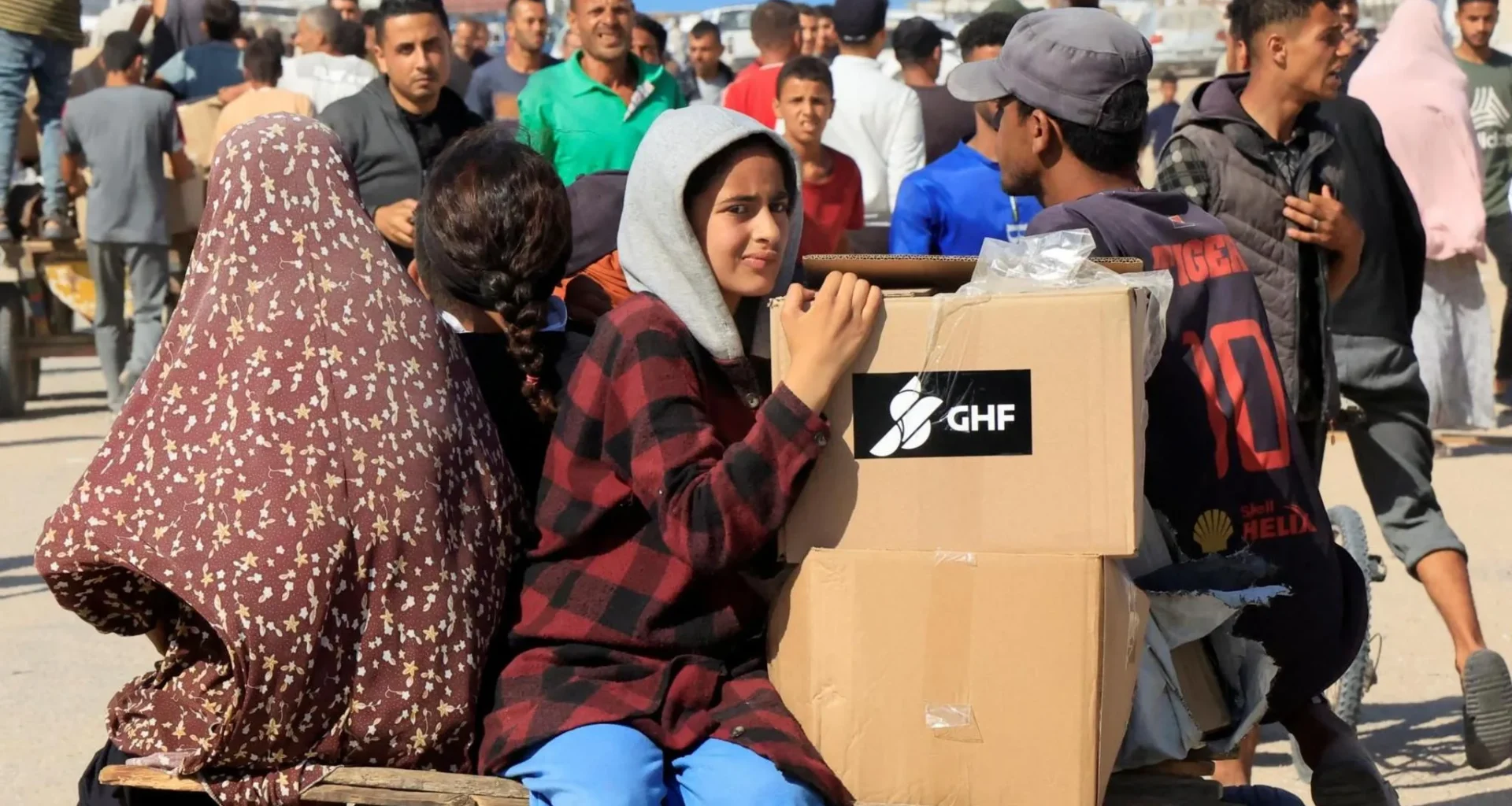Rabat – France has begun airdropping food into Gaza, where people are facing severe hunger and growing signs of famine.
French President Emmanuel Macron said 40 tons of humanitarian aid were being dropped by air, but warned that this was not enough.
“Faced with the absolute urgency, we have just conducted a food airdrop operation in Gaza,” Macron wrote on social media platform X. He thanked Jordan, the United Arab Emirates, and Germany for their help.
But he added: “Airdrops are not enough. Israel must open full humanitarian access to address the risk of famine.”
The French government is sending four flights from Jordan, each carrying 10 tons of aid to Gaza.
While the airdrops are meant to help people quickly, some aid leaders have criticized them as expensive and inefficient. Philippe Lazzarini, the head of the UN’s agency for Palestinian refugees (UNRWA), said the airdrops cost 100 times more than aid delivered by trucks but only carry half as much.
“If there is political will to allow airdrops, which are highly costly, insufficient, and inefficient, there should be similar political will to open the road crossings,” Lazzarini wrote. He added that 6,000 trucks filled with aid are waiting at Gaza’s borders.
“As the people of Gaza are starving to death, the only way to respond to the famine is to flood Gaza with assistance,” he said. “Let’s go back to what works and let us do our job.”
Humanitarian workers inside Gaza say the situation remains critical. Olga Cherevko, from the UN’s Office for the Coordination of Humanitarian Affairs (OCHA), said that while Israel has allowed a bit more aid to enter, the amount is still far from enough.
“The slight increase in what is coming in is not nearly enough to even scratch the surface to meet the people’s needs here on the ground,” Cherevko said from Deir el-Balah in central Gaza.
She said that Palestinians are still suffering from extreme hunger, malnutrition, and hopelessness.
One of the biggest problems, she said, is that the UN must coordinate every step of the aid process with Israel, which often delays or blocks the deliveries.
“People are continuing to starve, malnutrition rates continue to go up, people are risking their lives to get food, and there’s no real change,” she said.
Meanwhile, Israeli Occupation Forces have killed at least 42 people in Gaza since early this morning, according to local hospital sources. They said that at least 15 of those killed were people who had gone out to look for aid.
